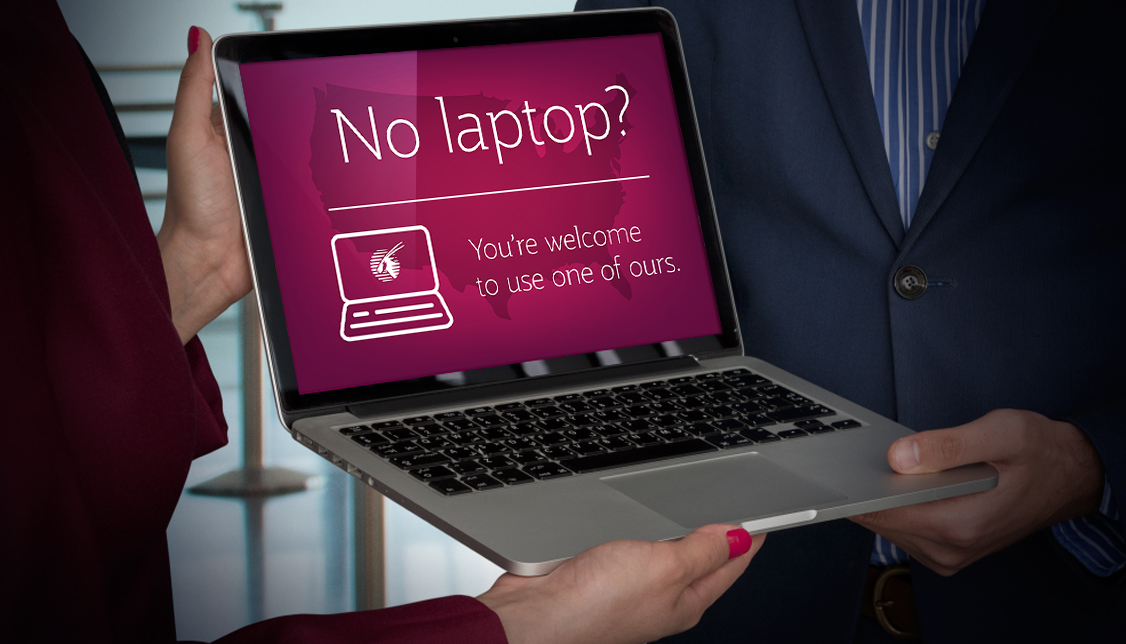
Is New Zealand about to introduce its own version of the Electronics Ban? That’s exactly what the country’s transport minister has been considering, according to reports from Dubai. On Sunday, Simon Bridges told Reuters that the Civil Aviation Authority “is assessing the evidence to determine what is appropriate”.
If New Zealand were to ban electronics from the passenger cabin (including laptops, tablets and e-readers) it would make it the third nation to do so after the United States and the United Kingdom.
“A number of our security partners put those arrangements in place. With this particular proposition there’s a balance between inconvenience for passengers, many of whom live off their laptop on the one hand, but on the other hand it’s making sure that the flying is safe,” New Zealand Prime Minister, Bill English told reporters in Wellington.
It’s beieved that Dubai and Abu Dhabi would be included in the New Zealand ban.
The U.S. implemented the first Electronics Ban last month. The UK followed with a similar ban a few days later. Specific items covered by the ban include laptops, tablets, e-readers, cameras, portable DVD players and large headphones. Smaller smartphones and medical devices can still be taken on board.
The U.S. Electronics Ban covered ten specific airports in eight countries:
- Queen Alia International Airport (AMM), Jordan
- Cairo International Airport (CAI), Egypt
- Ataturk International Airport (IST), Turkey
- King Abdul-Aziz International Airport (JED), Saudi Arabia
- King Khalid International Airport (RUH), Saudia Arabia
- Kuwait International Airport (KWI), Kuwait
- Mohammed V Airport (CMN), Morocco
- Hamad International Airport (DOH), Qatar
- Dubai International Airport (DXB), United Arab Emirates
- Abu Dhabi International Airport (AUH), United Arab Emirates
The UK Electronics Ban is a little different and covers all flights from the following countries: Turkey, Lebanon, Jordan, Egypt, Tunisia, Saudi Arabia. No electronic items over the following dimensions can be taken into the passenger cabin: Height = 16cm, Width = 93cm. Depth = 1.5cm.
(Orange = U.S. Electronics Ban / Blue = UK Electronics Ban)
Meanwhile, Australia has decided to step up explosive detection swabbing at certain airports that have international flights to the country. That’s a policy that Qatar Airways CEO, Akbar Al Baker thinks is a good solution. In an interview with The Irish Times, he suggested that existing explosive trace detection tests were a “100% solution.” Al Baker said that the Electronics Ban was not “what the travelling public wants.”
Mike Richards, the manager of communications at the New Zealand CAA said of the possible ban: “The comments by the Minister of Transport in Dubai refer to routine activity at last ports of departure to New Zealand – assurance that security screening meets the expected standards for flights in-bound to New Zealand,”
No timeframe has been given for when a decision will be made. However, it comes at a sensitive time as Bridges meets Emirates chairman Sheikh Ahmed bin al-Maktoum this week. He is seeking more flights from the Dubai-based airline to his country.
However, Emirates has been forced to slash its services to the United States because of waning demand following the U.S. Electronics Ban.
Related
Mateusz Maszczynski honed his skills as an international flight attendant at the most prominent airline in the Middle East and has been flying ever since... most recently for a well known European airline. Matt is passionate about the aviation industry and has become an expert in passenger experience and human-centric stories. Always keeping an ear close to the ground, Matt's industry insights, analysis and news coverage is frequently relied upon by some of the biggest names in journalism.







